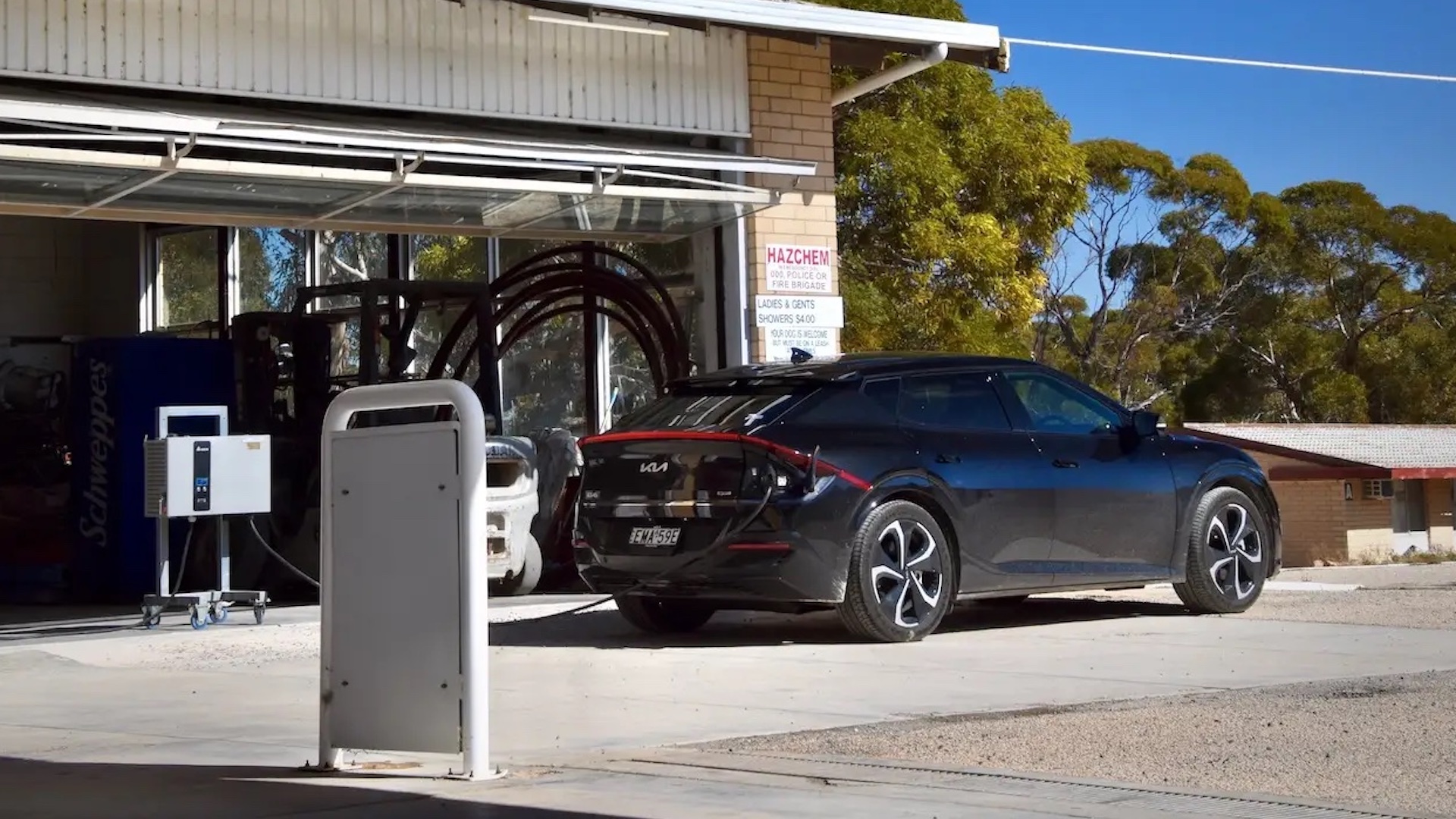

Bank Australia has announced it will stop funding loans for new fossil-fuel-powered cars from 2025 onwards, reports The Guardian.
The company argues that denying loans for new fossil-fueled vehicles makes sense. It believes the move means it won’t “lock customers into higher carbon emissions and increasingly expensive running costs.” Given this year’s sky-high fuel prices, that’s understandable, even if things are now starting to ease temporarily.
Of course, new cars are expensive, and not everyone is buying in this sector of the market. Thus, the policy will only apply to new vehicles. The bank will still consider loans for pre-owned ICE-powered vehicles for some time to come.
Bank Australia is a customer-owned bank with a focus on sustainability. The company proudly states its operations are 100% renewable, and that it has been carbon neutral since 2011. It also publishes a regular impact report and invests regularly in various environmental causes.
The move to curtail loans thus dovetails nicely with the bank’s brand and ethos. Bank Australia’s Chief Impact Officer, Sasha Courville, said the move would help people realize that “if you’re considering buying a new car you should think seriously about an electric vehicle, both for its impact on the climate and for its lifetime cost savings.”

The timeline chosen was intended to highlight the need to move to EVs on a rapid timetable. The hope is that such policies will help push automakers to bring more affordable EVs to the Australian market, Courville said.
The move from Bank Australia comes as the Albanese government considers introducing new fuel efficiency standards. Australian Minister for Climate Change and Energy, Chris Bowen, noted that a lack of such regulation in Australia is slowing the introduction of EVs, at a summit in Canberra last week.
Overall, Bank Australia’s move won’t have a major impact by itself. The bank is a small player, with only 185,000 customers in a country of 25 million people, after all. However, it’s a bold statement that indicates a serious commitment to green ideals. The bank will be hoping the move earns it a few customers over its rivals, many of whom continue to invest heavily in polluting infrastructure. Change comes in many forms, after all.
Got a tip? Let the author know: lewin@thedrive.com